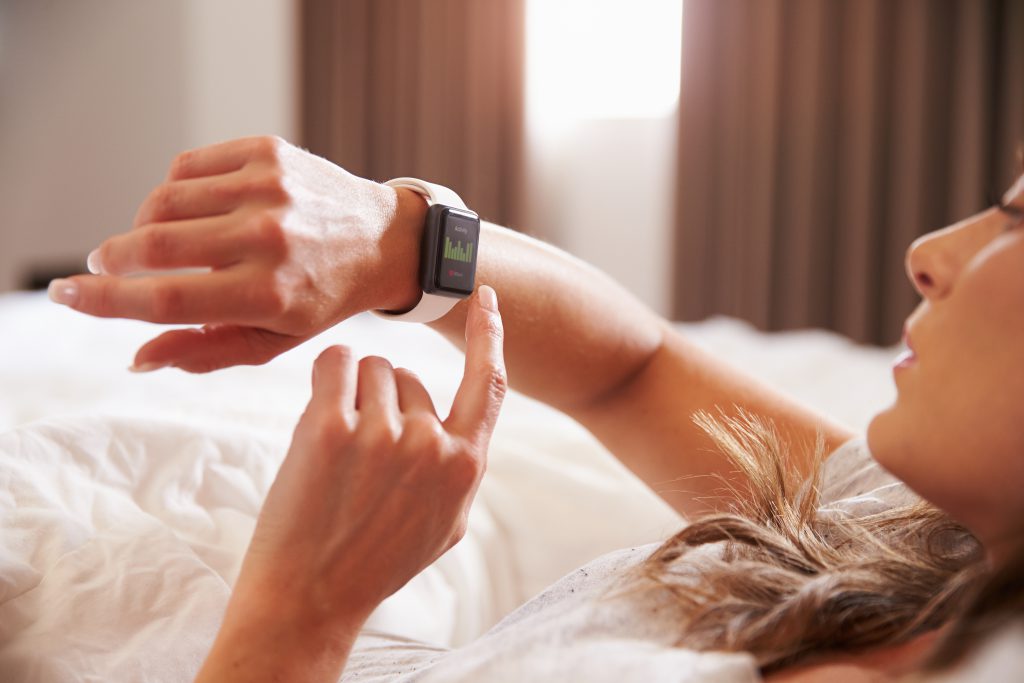What if you could actively monitor your susceptibility to disease and your exposure to pathogens and pollutants in your environment? Rutgers University engineers are translating this idea into reality by developing lab-on-a-chip biosensors that could be integrated into existing wearable devices.
“This is really important in the context of personalized medicine or personalized health monitoring,” said Mehdi Javanmard, an assistant professor in the Department of Electrical and Computer Engineering at Rutgers University-New Brunswick. “Our technology enables true labs on chips. We’re talking about platforms the size of a USB flash drive or something that can be integrated onto an Apple Watch, for example, or a Fitbit.”
The key to this technology is the ability to electronically barcode micro-particles so that they can be identified and differentiated from one another. This exploitation of an electromagnetic phenomenon of micro-particles is what gives this technology such broad applications in biomarker detection, identification of bacteria and viruses, and environmental monitoring.
While biomarkers have tremendous potential in diagnosing disease, Javanmard and his team emphasize that the complex nature of biological systems and interactions between cellular components like DNA and proteins means multiple biomarkers must be measured simultaneously to provide an accurate picture of what’s going on in the body. The researchers published their findings in the journal, Lab on a Chip .
“One biomarker is often insufficient to pinpoint a specific disease because of the heterogeneous nature of various types of diseases, such as heart disease, cancer and inflammatory disease,” said Javanmard. “To get an accurate diagnosis and accurate management of various health conditions, you need to be able to analyze multiple biomarkers at the same time.”
Previous techniques for accurate biomarker detection have relied on large optical instruments, but Javanmard and his team have applied electronic detection technology to fit this device on a microchip. This means that future wearable devices that apply this technology will not necessarily rely on biological samples collected from patients. Instead, they’ll detect biomarkers directly from a person’s sweat or blood while they’re wearing the lab-on-a-chip device.
According to Javanmard and his team, the technology is already 95 percent accurate at detecting biomarkers – such as prostate-specific antigen (PSA) for prostate cancer – but the engineers are working towards getting that accuracy up to 100 percent. They’re also applying this technology to the detection of pathogenic bacteria and viruses.
“Imagine a small tool that could analyze a swab sample of what’s on the doorknob of a bathroom or front door and detect influenza or a wide array of other virus particles,” said Javanmard. “Imagine ordering a salad at a restaurant and testing it for E. coli or Salmonella bacteria.”
The researchers say there is about a two to five year wait before health monitoring, pathogen detecting and environmental monitoring tools using this technology will be available commercially.












Join or login to leave a comment
JOIN LOGIN